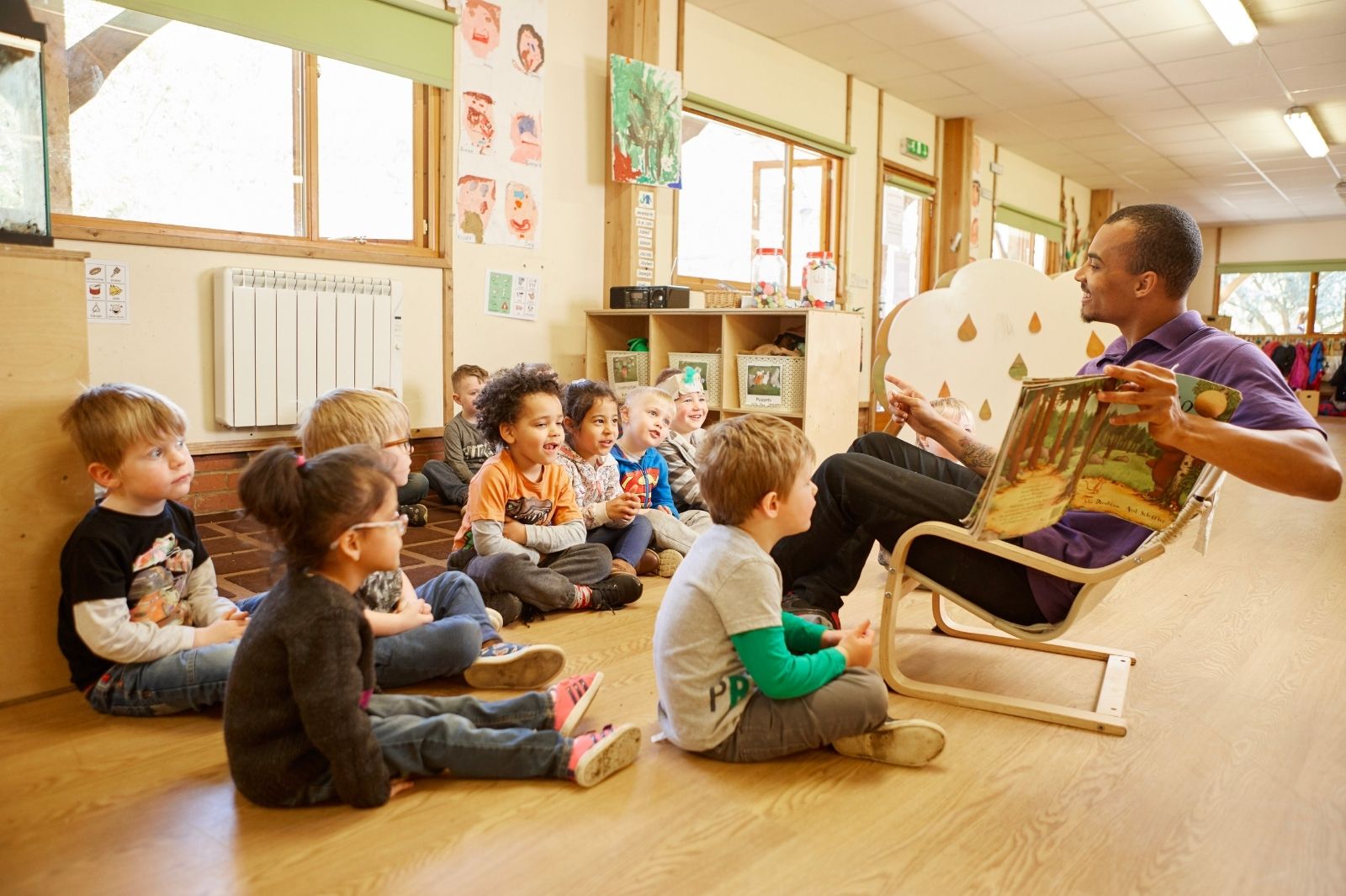Blog: An Early Years reading of International Literacy Day
Date 8.09.2021
8.09.2021
The pandemic has disrupted the learning of many children and young people and highlighted the lack of opportunities for some to learn how to read on write.
On International Literacy Day Dr Tanya Richardson, Senior Lecturer in Education (Early Years), blogs about what literacy means to her and why making sure children start becoming literate from a young age is so important.
Today we celebrate UNESCO International Literacy Day and I wonder what we think of when we hear the word ‘literacy?
The Oxford dictionary defines literacy as “the ability to read and write” and we know that the two are linked – how can we learn to read if we can’t write, and vice versa? When thinking of the term ‘literacy’ though, I wonder how many of you think of young children’s books? Books for young children, even picture books, were not probably your first train of thought but, I would argue, are the most important aspect of literacy.
Did you know that every time a child accesses a book they take something different from it and build on their learning and skills accordingly? As adults, we may have got fed up with reading the same book for the twentieth time that day but, believe me, that child is still learning new things and taking different concepts and ideas each time. They learn other things as well, for instance that marks carry meaning, that the scribbly things on a page are actually letters and, put together, they mean something.
They learn that text, and books, are read in a certain direction. They learn that the picture in the book relates to what is happening in the story and to use that picture to help them decipher words when needed. All of the things that, as adults, we take for granted and probably do not even think about are skills that young children need to learn.
Not only do children need to learn how to read and write because of the societal expectation that this is what we do, but being literate has many other benefits that last into adulthood. Research shows that the more children access literature and enjoy doing so, then the better at communication they are. Perhaps unsurprisingly their range of vocabulary is found to be greater. And these things impact on social skills, mental health, future employability…the list goes on.
So, it is really important that we promote a love of learning with our young children for reading and writing. If we do not foster a love of literacy in our youngest generation then how can we expect them to want to access literature, or enjoy writing, in the future?
Students of our Early Childhood Studies course learn the theoretical aspect of children’s literature and literacy, but just knowing is not enough. We build on this knowledge to develop the practical skills needed to foster this love of literacy with children. Not just reading a book but bringing that book to life, keeping children interested and wanting more.
The skills needed to form letters and words are so much more than just holding a pencil correctly (interestingly this is not likely to happen until a child is around six or seven years old due to the way that our hands develop) but also being able to manipulate objects, make basic marks but fundamentally what is important is that a child wants to do this because they like it.
Playing with play dough, using pincers to pick up sweets, singing songs with actions – believe it or not, all of these things help with writing skills. They develop muscles and create movement which will enable letters to be formed when they are ready.
Today may be UNESCO’s International Literacy Day and it is good to be reminded of the importance of this area, but it is so important for the youngest people in our society that I would argue that every day should be Literacy Day – our children deserve the very best.